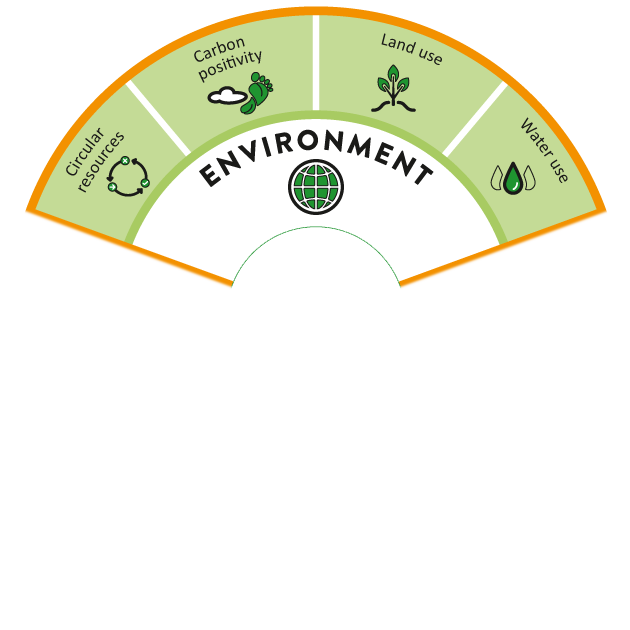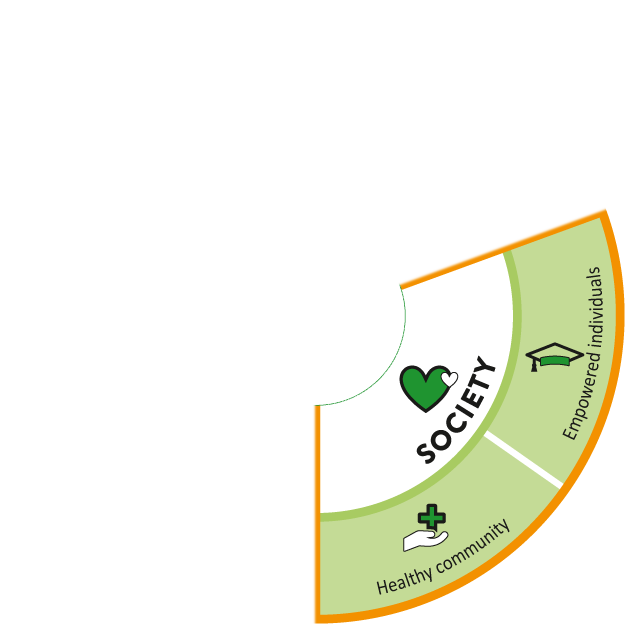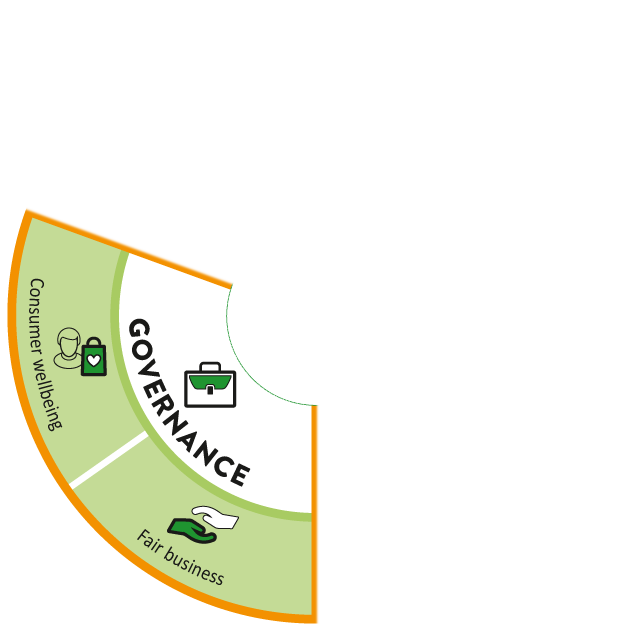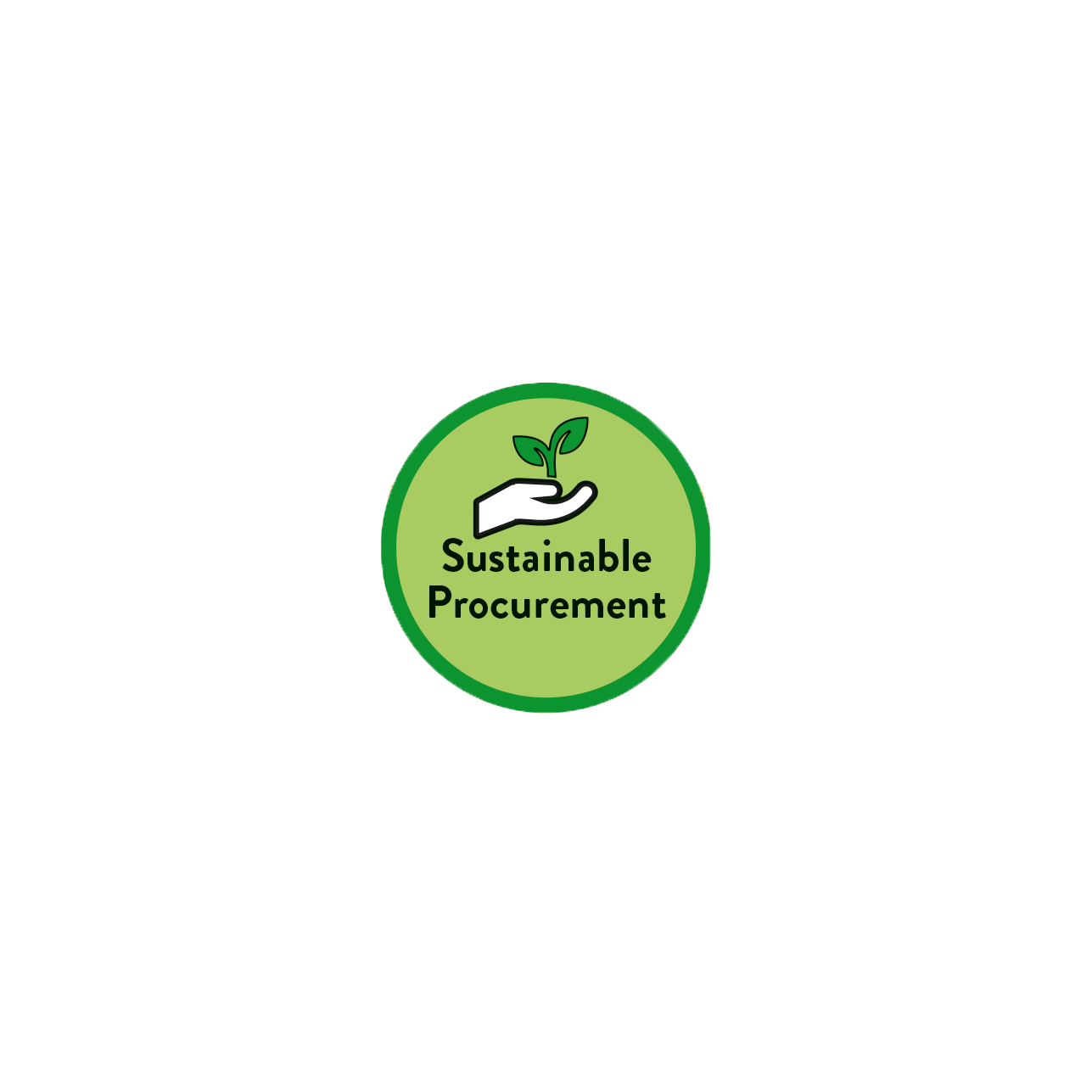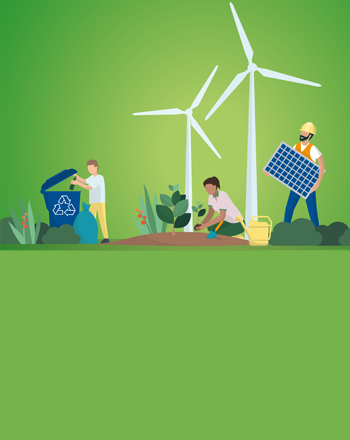We are supporting clients across all industries to reduce their carbon footprint. With our best-in-class approach, companies are able to identify, prioritize and implement measures in order to reduce their emissions. Our decarbonization approach includes four structured steps:
- Establish a Scope 3 carbon footprint baseline
- Deep dive in prioritized suppliers and categories
- Identify relevant decarbonization opportunities
- Prioritize the measures and develop the roadmap
We help companies estimate their CO2 footprint on specific products and optimize these with a focus on decarbonization. We tear down products from the retail industry and industrial goods industries to understand the material that has been used, the CO2 footprint per material, and how this can be optimized. We look at both material substitution and production when optimizing the product.
The time is now to take immediate actions to reduce carbon footprint in the supply chain. We can support you in finding your way to a carbon-free future.

